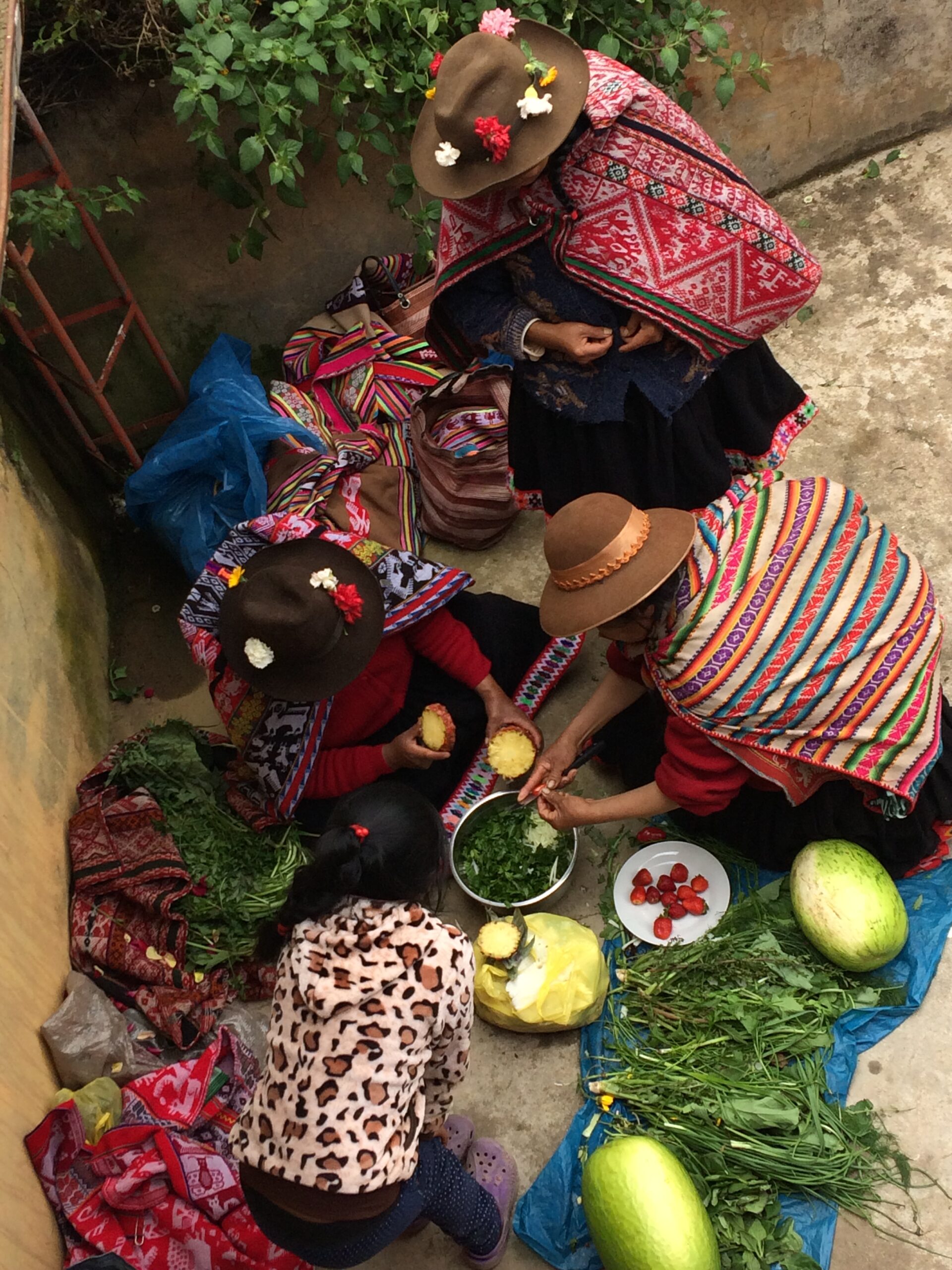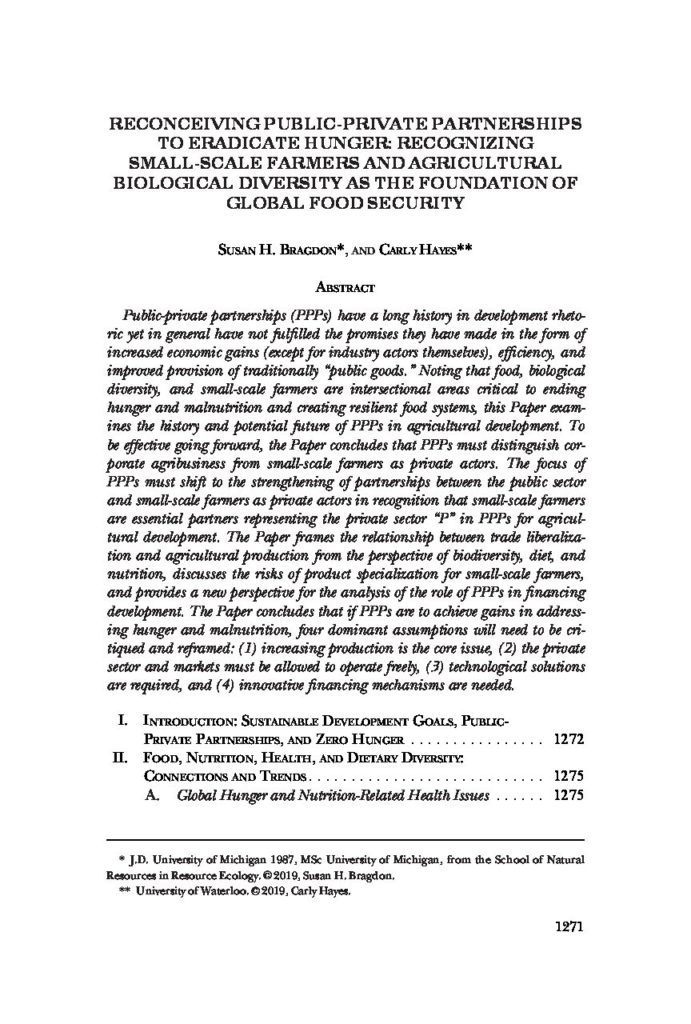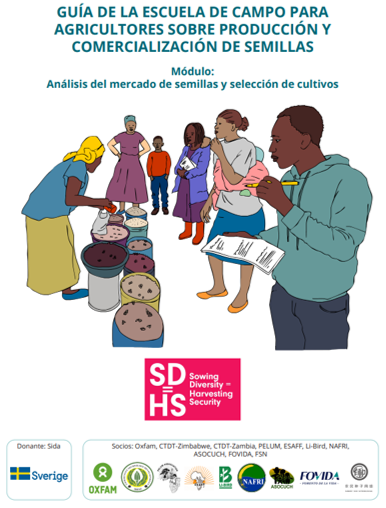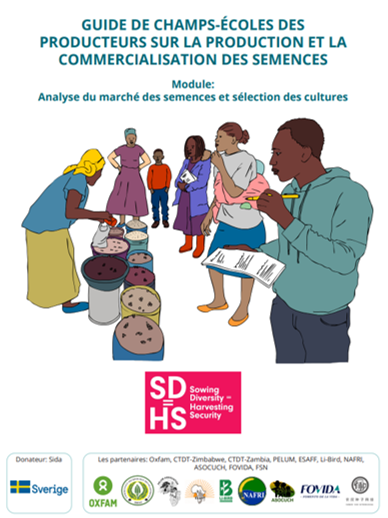Public-private partnerships (PPPs) have a long history in development rhetoric yet in general have not fulfilled the promises they have made in the form of increased economic gains (except for industry actors themselves), efficiency, and improved provision of traditionally “public goods.”
Noting that food, biological diversity, and small-scale farmers are intersectional areas critical to ending hunger and malnutrition and creating resilient food systems, Susan Bragdon and Carly Hayes examine the history and potential future of PPPs in agricultural development. To be effective going forward, the Paper concludes that PPPs must distinguish corporate agribusiness from small-scale farmers as private actors. The focus of PPPs must shift to the strengthening of partnerships between the public sector and small-scale farmers as private actors in recognition that small-scale farmers are essential partners representing the private sector “P” in PPPs for agricultural development. The Paper frames the relationship between trade liberalization and agricultural production from the perspective of biodiversity, diet, and nutrition, discusses the risks of product specialization for small-scale farmers, and provides a new perspective for the analysis of the role of PPPs in financing development.
The paper concludes that if PPPs are to achieve gains in addressing hunger and malnutrition, four dominant assumptions will need to be critiqued and reframed: (1) increasing production is the core issue, (2) the private sector and markets must be allowed to operate freely, (3) technological solutions are required, and (4) innovative financing mechanisms are needed.
Georgetown Journal of International Law 1272, 2018










